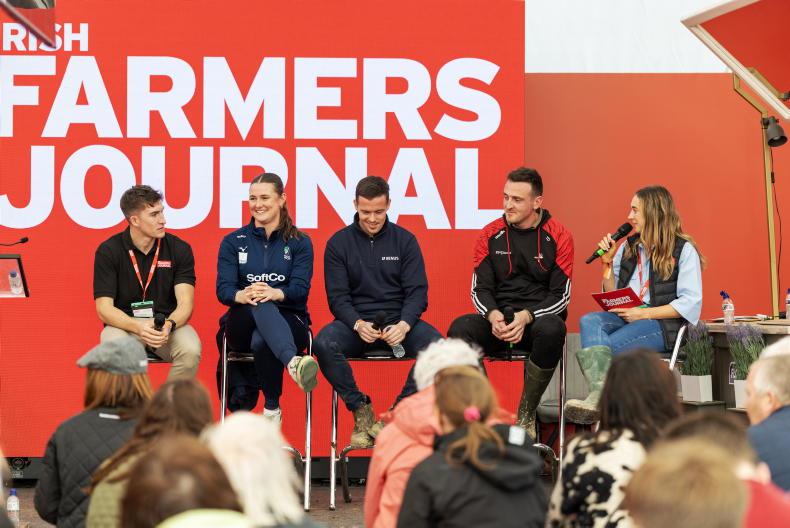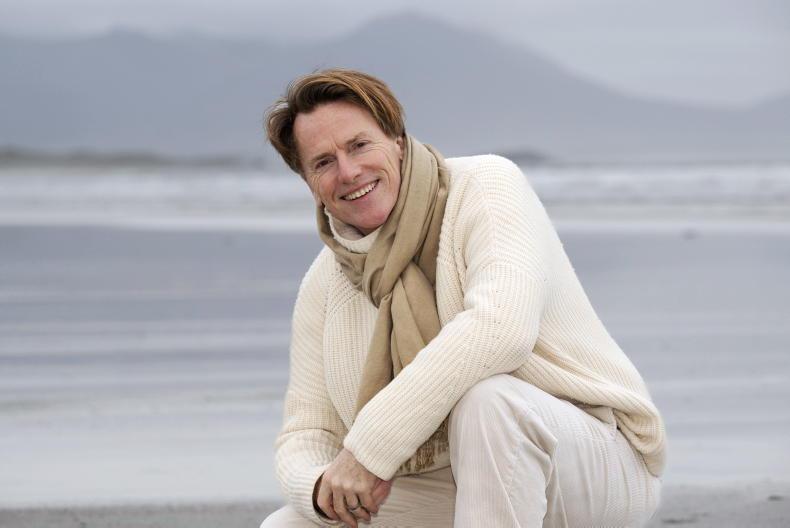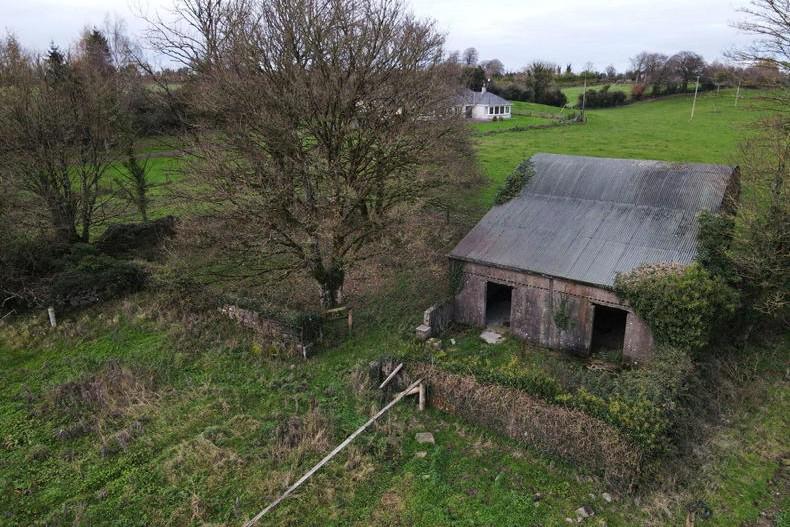While Caelan Doris captained Ireland against Italy in the Guinness Six Nations Championship in February, and also for the epic win over South Africa in Durban in the summer, he was doing so as a stand-in for Peter O’Mahony.
Given his experience, O’Mahony was a natural choice as a ‘bridging’ option for the Six Nations, following Jonathan Sexton’s retirement a year ago. However, the official appointment of Doris for the autumn internationals – New Zealand this weekend, then Argentina, Fiji and Australia – is a big show of faith by coach Andy Farrell.
At 26, the Mayo native is the youngest permanent skipper since Brian O’Driscoll two decades ago. His elevation certainly isn’t a surprise to Noel McNamara.
Now the attack coach for French Top 14 side Bordeaux Bègles, McNamara previously coached the Ireland U20 side of which Doris was captain. Prior to that they worked together for the Leinster and Ireland schools’ sides.
“The first time I came across Caelan was in the senior cup final in 2014,” he says. “He was playing for Blackrock and I was coaching Clongowes.
“He was 15 years of age, which was remarkable, really – almost unheard of, as he was still eligible to play junior cup that year.
“He was outstanding in the final in an outstanding team – unfortunately for us we came out on the wrong side of the result. You had the likes of David O’Connor, Jeremy Loughman, Joey Carbery, Conor Oliver, Hugo Keenan – four or five Ireland internationals and a number of others who have gone on to have excellent careers in provincial rugby.
“The fact that Caelan stood out at 15 in a team like that…what’s the phrase, there’s talent that whispers and talent that shouts and he would certainly have been in that second bracket.”
While the captaincy for teams at those levels is not an inconsequential matter, Doris’s pre-eminence stood out in terms of candidacy.
“The reality is that at under-age – and he would have captained Blackrock and the Leinster and Irish schools – he was by a distance our best player and that certainly would have been one of the factors,” McNamara says.
“He didn’t necessarily say an awful lot, but he would have had a huge amount of credibility when he did speak, because of his actions, basically.
“He didn’t need to say much because it was very quickly clear that he was going to lead the way on the field, if that makes sense.
“The challenges for him now will be very, very different, but, back then, his effectiveness in the collision, his physicality, his decision-making on the ball were of a very high standard.
“He was somebody that his team-mates looked up to and he could make things happen. At 17, 18, 19, 20 years of age, there’s a real premium on that.”
Manage relationships
In his new autobiography, Obsessed, Sexton admits first of all to fearing that the chance to be captain had passed him by, given his age, and how much of an honour it was when Farrell said he wanted him to lead.
Equally, he acknowledges how that meant he had to tailor his approach in terms of getting the best out of team-mates, ensuring a positive presence.
McNamara points out that the ‘leadership group’ model adopted by many top teams nowadays ensures that Doris will be well-assisted.
“At the senior international stage, it’s a different role,” he says.
“You talk about on-pitch and off-pitch – the on-pitch is in terms of the communication with the referee and Caelan himself has spoken about the importance of continuing to play well so that you have that credibility.
“You’re trying to bring everyone together and put the plan in place and play well yourself. Then there’s all the preparation and how you run the week and how you manage relationships between the players and management.
“As you go into the international era, there are guys there now that are much older than him and guys much younger – you have a mix of first-caps, 50-caps, 100 or more. It’s about trying to stay cognisant of all of those bits and pieces.
“Pretty much all teams would have a leadership structure built around the captain.”
The bottom line is that the appointment – and his parallel ascension to the role of Leinster skipper – is expected to
be a long-term one. McNamara accepts that the progress might not always be linear.
“I think that the reality around the Ireland captaincy is pretty straightforward,” he says.
“The World Cup in 2027 will be at the back of Andy Farrell’s mind, I’m sure – Caelan isn’t being appointed to be the captain for the autumn internationals, he’s being appointed with a view to the long term, to allow him the opportunity to grow and develop into the role.
“It’s like anything else – it won’t be perfect at the start. The reality of international rugby is that there are only around ten games a year, so if you’re confident that he’s the guy you give him every opportunity to experience that and what it looks like.
“Then, hopefully, he arrives at that World Cup having been a successful captain over a period of time and having built relationships with referees and honed his own craft.
“I’ve no doubt that he’ll be a better player, too.”








SHARING OPTIONS